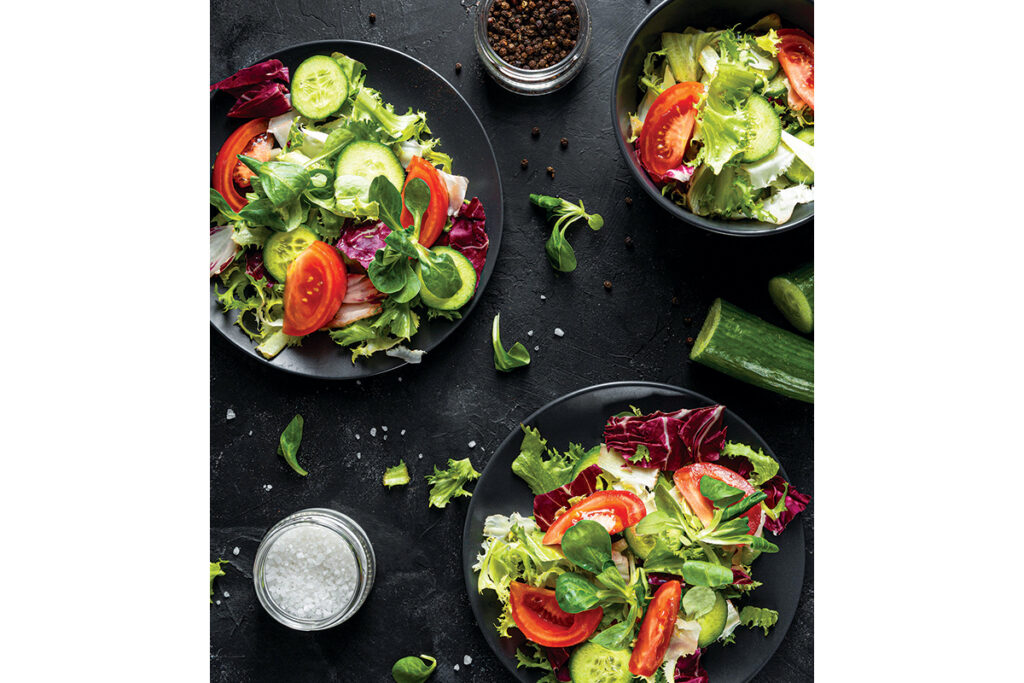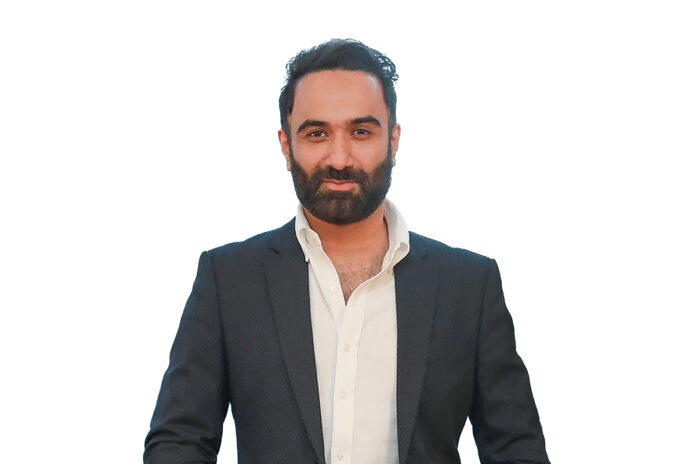A series of pivotal developments are reshaping the landscape and redefining possibilities
Words by Gurmeet Arora
The business landscape is evolving at an unprecedented pace, propelled into a realm that can only be described as futuristic. The unforeseen and substantial repercussions of the COVID-19 pandemic have had a profound impact on businesses across all sectors, necessitating a period of recovery and adaptation. In this ever-changing environment, it is essential to stay ahead of the curve and adapt to the pivotal developments that are reshaping the business world.

The Indian hospitality industry has been through a series of significant transformations in recent years. The COVID-19 pandemic triggered a seismic shift in the way hotels, restaurants, and other establishments operate. It prompted a renewed focus on safety, hygiene, and technology integration. In response, many businesses in the industry pivoted to emphasise contactless services, rigorous sanitation protocols, and reimagining their business models to cater to the new normal.
For the upcoming year, several obstacles and advancements are poised to influence the hospitality industry. One of the critical challenges is the need for eco-conscious measures. With growing environmental concerns, restaurants and hotels are expected to minimise waste and advocate for local procurement. Sustainability is no longer a buzzword; it’s a fundamental aspect of doing business in this sector. Additionally, the industry will continue to grapple with the persistent challenge of recruiting and retaining skilled personnel. This calls for a steadfast commitment to fostering a proficient workforce through training and development initiatives. Furthermore, keeping abreast of government regulations, particularly those related to health and safety standards, is imperative for businesses in the industry.
Innovations will continue to shape the hospitality landscape. Personalisation through data analytics and AI will gain prominence, allowing for customised guest experiences. Contactless services, which gained momentum during the pandemic, will remain a staple in the upcoming year as guests seek safer and more convenient experiences. Sustainability will be a cornerstone of the industry’s future, with innovations including energy-efficient designs, waste reduction, and the introduction of eco-friendly amenities.
AI is set to revolutionize the dining experience, with features such as personalized menu recommendations, efficient ordering through chatbots and voice recognition, and kitchen automation to ensure quicker service and perfectly prepared dishes. The emergence of Robo Cafés and service bots introduces a futuristic element, enhancing efficiency while preserving the human touch in customer service. AI-driven data analysis will optimize menu engineering and restaurant management, ultimately enhancing the dining experience for customers. However, striking a balance between automation and maintaining the warmth and personal touch of hospitality remains essential as AI continues to transform the industry.
Several trends have played a pivotal role in building hospitality brands in India over the years. These include culinary creativity, establishing a robust digital presence, a commitment to sustainability, personalisation of services, community involvement, tech integration, cultural immersion, and sourcing sustainable ingredients. These elements have become key drivers of success for businesses in the industry.
With the increasing reliance on technology, cybersecurity will be a paramount concern. Guest data and financial transactions can be secured using blockchain technology, ensuring the privacy and safety of customers. AR and VR technologies will enable immersive virtual tours, allowing guests to explore accommodations and destinations before making reservations. The food and beverage sector will see ongoing innovations in menu personalisation, automation in kitchens, and sustainable sourcing of ingredients.

In conclusion, the Indian hospitality industry is poised for recovery and transformation for the next year. Sustainability, technology integration, and an unwavering focus on enhancing the guest experience will be the driving forces of the future. Adapting to these changes and embracing innovative practices will be essential for success in this dynamic and ever-evolving landscape. Businesses that stay ahead of the curve and cater to the evolving needs and expectations of their guests will thrive in this futuristic realm of the hospitality industry.
Gurmeet Arora is the Founder and CEO of Flax healthy living, an on-demand health food restaurant. He is also the Co-Founder of Yazu: Pan Asian Supper Club & Juliette


